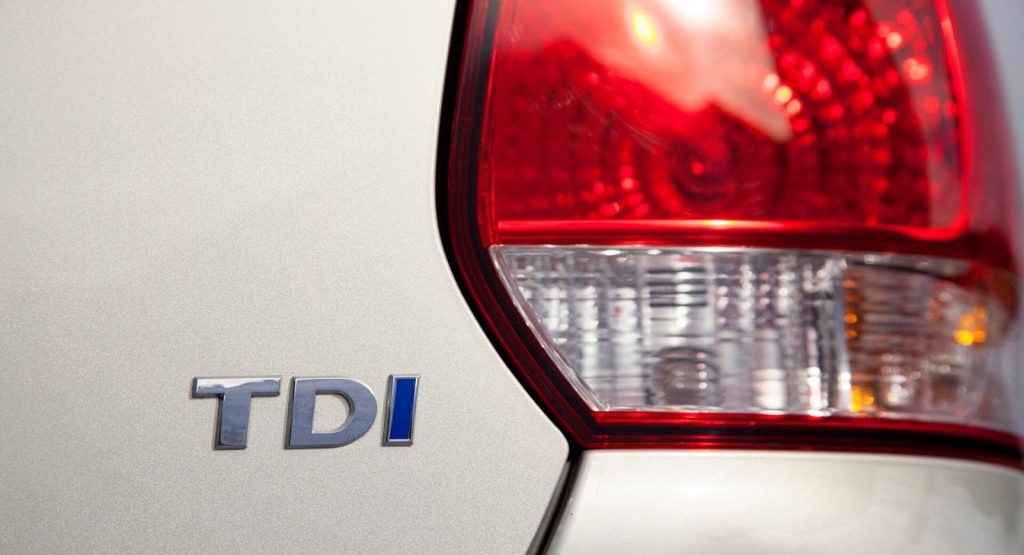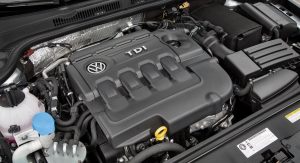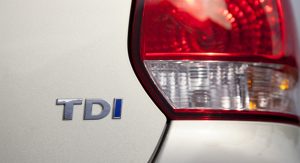It is no secret that Volkswagen’s dieselgate scandal has negatively affected demand for diesel vehicles, particularly in Europe. Take a deeper look at the figures, however, and you’ll see that demand for diesel-powered vehicles has risen and fallen multiple times throughout the past 30 years.
In statistics published by Euro News, it is revealed that in Europe, diesels reached their peak popularity in 2008 when 8,211,709 examples were sold across the continent. In the same year, petrol vehicle sales peaked at 7,233,662.
However, since 2008, demand for diesel (and petrol) vehicles has declined significantly. In fact, from a peak of over 8.2 million in 2008, diesel sales plummeted to just 4,913,025 in 2014, before the dieselgate scandal broke. Similarly, petrol sales fell to their lowest figure in over 30 years, scoring just 3,915,268 sales. Both of these figures were gathered before the dieselgate.
As of 2015, 52 per cent of cars in Europe were still fueled by petrol, with diesels accounting for 37.29 per cent and ‘Others’ (we guess that means hybrids and all-electric) at 10.78 per cent.
In a handful of countries, diesel remains the preferred option. For example, the share of new diesel registrations in Sweden has soared from 0.9 per cent in 1992 to 59 per cent in 2015.
In France, however, diesels have dramatically fallen out of favor. In the early 1990s, the country accounted for 45 per cent of all new diesel car registrations in Europe, but by 2015, that figure had dropped to just 16 per cent and the market for new cars has reversed in favor of those powered by petrol engines while diesel ones experienced a 16 per cent decline since 2005.
Despite what many believe, the decline in popularity of diesels hasn’t been driven entirely by Volkswagen’s cheating practices. Instead, demand for such vehicles has been dropping for much of the past decade. Nonetheless, diesels still account for a sizable share of the car market and are not expected to disappear anytime soon.





